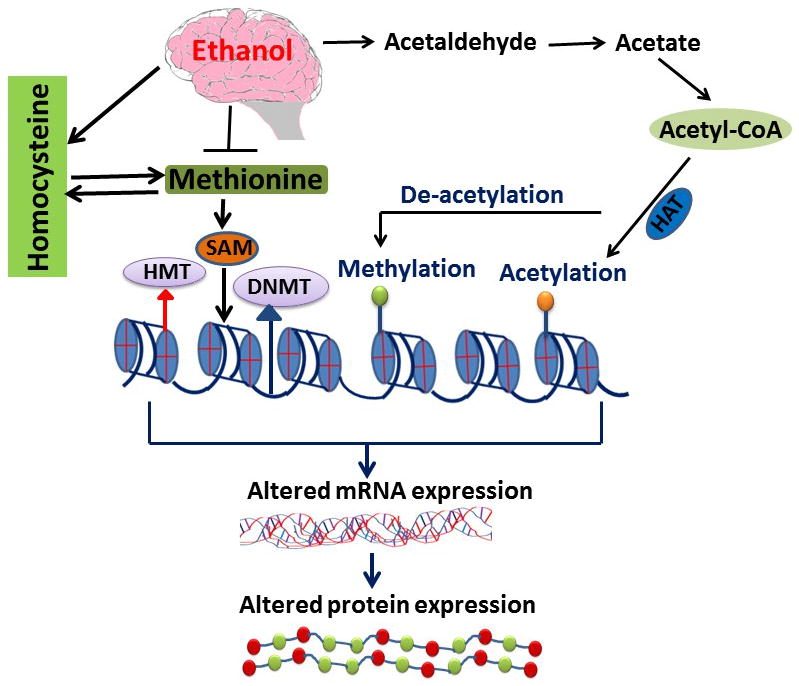Figure 4. Homocysteine, alcohol and its epigenetic mechanism.

This diagram shows the role of ethanol by products such as acetaldehyde, acetate, and Acetyl-CoA that affect the acetylation and deacetylation of the gene. Deacetylation promotes the methylation of genes, which causes decreased expression of the genes. Alternatively as per the authors’ speculation, ethanol inhibits methionine formation by inhibiting methionine synthase (MS) gene expression. Increased ethanol consumption affects MS, which affects re-methylation process by inhibiting formation of methionine from homocysteine, excess homocysteine accumulation later on resulted in an altered epigenetic process.
